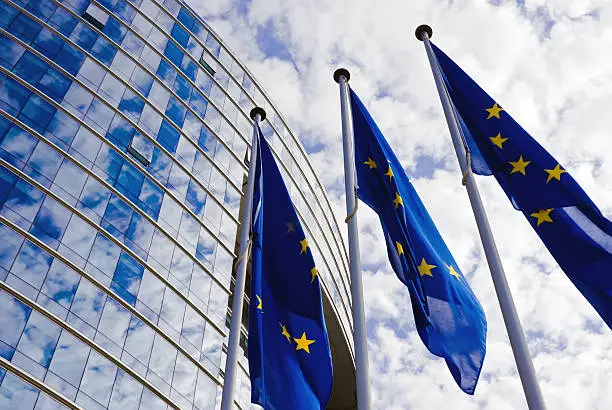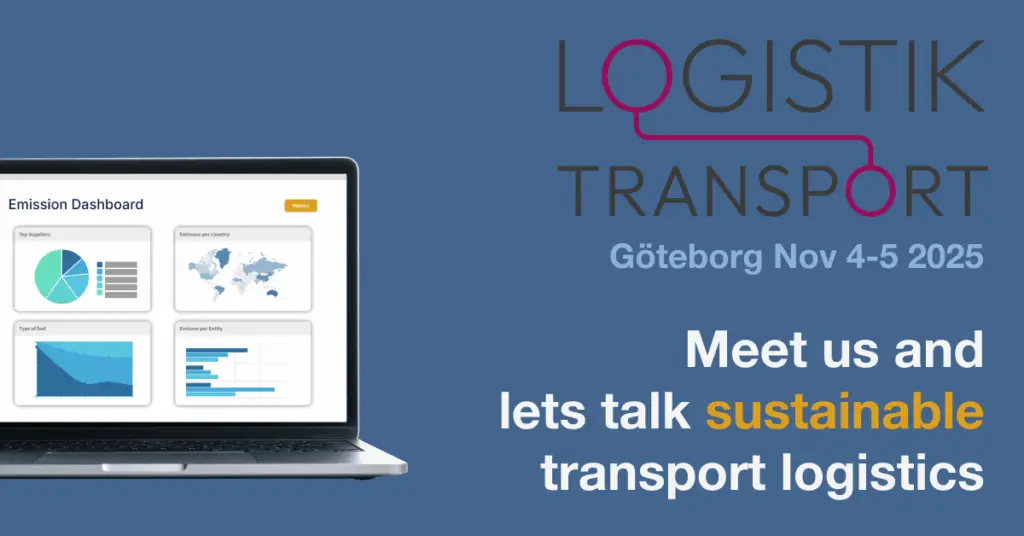The European Union (EU) has been at the forefront of promoting sustainability and environmental responsibility. Central to this effort was the Corporate Sustainability Reporting Directive (CSRD), designed to enhance corporate transparency regarding environmental and social impacts. However, in response to concerns about the directive’s breadth and the potential burden on businesses, the EU introduced the ‘Omnibus’ Package in February 2025. This initiative seeks to recalibrate the balance between the EU’s green ambitions and the competitiveness of its businesses.
Why these changes?
The CSRD aimed to increase corporate accountability by mandating comprehensive sustainability reporting. While its intentions were commendable, many businesses expressed concerns about the administrative burdens and costs associated with compliance. In response, the Omnibus Package was introduced to address these challenges, ensuring that sustainability goals remain achievable without limiting business operations.
Key adjustments in the Omnibus package
Several significant modifications have been proposed under the Omnibus Package:
1. Narrowing the Scope of CSRD: Initially, the CSRD was set to apply to approximately 50,000 companies with more than 250 employees. The Omnibus Package proposes to limit this requirement to companies with over 1,000 employees, effectively excluding about 80% of the previously covered entities.
2. Delayed Implementation Timeline: The original CSRD deadlines have been extended, granting businesses additional time to adapt to the new reporting requirements.
3. Simplification of Reporting Requirements: The Omnibus Package aims to reduce the complexity of the reporting process, making it more manageable for companies to comply without compromising the quality of information provided.
4. Revised Due Diligence Obligations: Companies are now required to focus due diligence efforts primarily on direct suppliers, rather than their entire supply chain. Additionally, the frequency of mandatory assessments has been reduced from annually to once every five years.
5. Adjustments to the Carbon Border Adjustment Mechanism (CBAM): The Omnibus Package proposes to exclude around 182,000 of the 200,000 importers currently covered by CBAM, focusing on those contributing significantly to emissions.
Implications for Businesses
The Omnibus Package presents both challenges and opportunities for businesses:
• Reduced Compliance Burden: By narrowing the scope and simplifying requirements, many companies, especially small and medium-sized enterprises, will face fewer regulatory hurdles.
• Extended Adaptation Period: The delayed timelines provide businesses with more time to align their operations with the new standards, facilitating a smoother transition.
• Focus on Direct Suppliers: The revised due diligence obligations allow companies to concentrate resources on monitoring direct suppliers, potentially reducing compliance costs.
However, these adjustments also come with potential drawbacks:
• Data Gaps for Investors: With fewer companies required to report, investors may face challenges in assessing the sustainability performance of a broader range of businesses.
• Risk of Fragmented Reporting: The reliance on voluntary disclosures by smaller companies could lead to inconsistencies, making it harder to compare sustainability efforts across the board.
Looking Ahead
The Omnibus Package reflects the EU’s attempt to balance its environmental objectives with the economic realities faced by businesses. While the adjustments aim to alleviate potential burdens, it’s crucial to ensure that the momentum towards sustainability isn’t compromised.
For businesses, this means:
• Proactive Engagement: Companies should stay informed about regulatory changes and engage in dialogues to voice concerns and suggestions.
• Voluntary Transparency: Even if not mandated, adopting comprehensive sustainability reporting can enhance reputation and meet stakeholder expectations.
• Strategic Planning: Utilize the extended timelines to integrate sustainability into core business strategies, ensuring long-term resilience and competitiveness.
Conclusion
The Omnibus Package serves as a reminder of the delicate balance between fostering a sustainable future and maintaining a vibrant, competitive business environment. By thoughtfully navigating these changes, businesses can contribute to the EU’s green ambitions while securing their own success in a rapidly evolving market.




